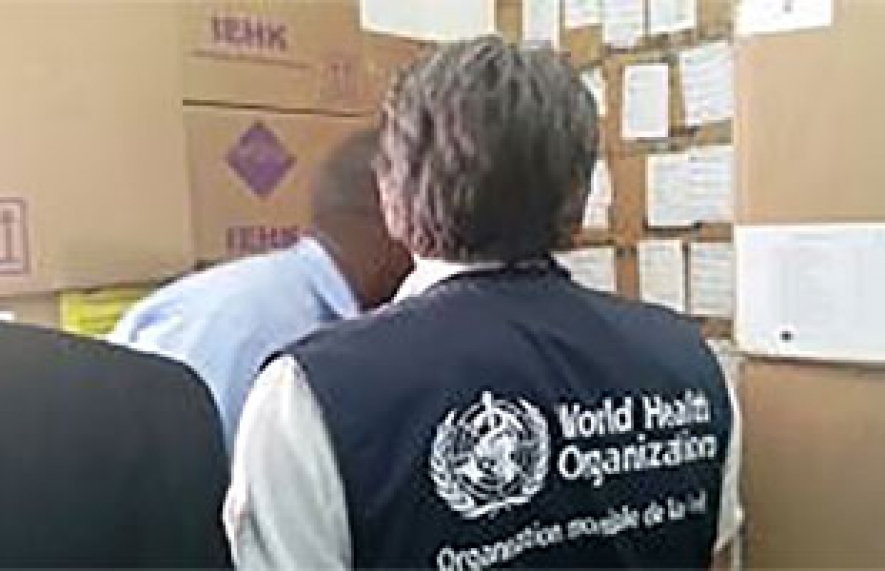IIn Kismayo, Beletwein and Biodoa, WHO and the Federal Ministry of Health have pre-positioned three diarrhoeal/cholera medicine kits to treat 1500 cholera cases, and three interagency health kits to treat 30 000 populations for 3 months. Additional emergency medical supplies, such as trauma kits, are on their way to Garowe, Jowher, Adale, Brava, Merka, and Afgoy in order to deal with major and minor surgeries.
The Federal Minister of Health Ms Hawa Hassan Mohammed and the WHO Representative to Somalia Dr Ghulam Popal undertook a joint mission to Beletwein to assess the preparedness status of the health sector and to deliver the emergency supplies to Beletwein regional hospital. A similar mission has also been conducted in Kismayo.
El Niño is expected to affect more than 600 000 people in southern and central Somalia and in the northeast. This might hamper the access of patients to basic services, increase the risk of communicable diseases and lead to reduced food security, malnutrition and physical injuries. “We will exert all possible efforts to reach communities all over the country who are at risk of being affected by El Niño conditions,” said Ms Mohammed, Federal Minister of Health.
Cholera is endemic in Somalia and given that the currently affected locations are in riverine areas which will experience flooding, the risk of a cholera outbreak is high.
Efforts are being intensified to enhance the disease surveillance system, including case definition, detection, management, and reporting. Currently, an outbreak of cholera, which started in Jowhar, is under control but new cases of cholera have been detected in Kismayo.



















